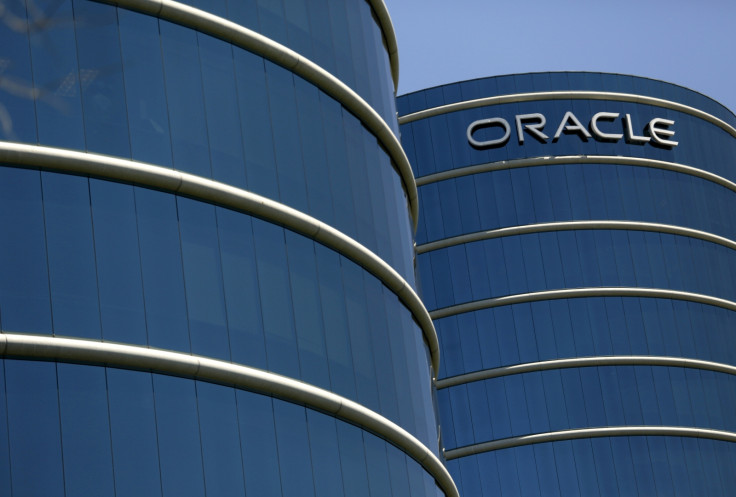Oracle ordered to pay $3bn to HP over Itanium chip lawsuit
The lawsuit was filed after Oracle announced in 2011 that it would stop writing software for HP's Itanium servers.

Oracle has been ordered to pay Hewlett Packard Enterprise $3bn (£2.25bn, €2.70bn), a company spokeswoman has said. The company lost a lawsuit, in which HP had claimed that Oracle had violated a contract to support software for its Itanium chip. The verdict in the case was reached in less than five hours of deliberations in the one-month-long trial in a California state court in San Jose. The award granted to HP matches the amount it had claimed in the lawsuit.
The Itanium chip was developed by HP in partnership with Intel in 2001. Oracle and HP had signed a contract under which the former would develop software that would be used in HP's servers that were based on the chips. However, in 2011, Oracle said it would stop writing software for the high-end servers that had failed to live up to their high expectations.
HP then filed a lawsuit claiming that this had affected its business as the fear of losing support from Oracle had led its customers to pull back from the Itanium platform. While a Santa Clara Superior Court took note of the matter in 2012 and ordered Oracle to resume developing software for HP's Itanium based business, HP claimed that the damage had already been done.
John Schultz, general counsel of HP Enterprise was quoted by Reuters as saying: "HP is gratified by the jury's verdict, which affirms what HP has always known and the evidence overwhelmingly showed." He added that Oracle's 2011 decision "was a clear breach of contract".
After the verdict, Oracle which recently lost a $9bn lawsuit to Google, said in a statement: "Oracle never believed it had a contract to continue to port our software to Itanium indefinitely and we do not believe so today... Oracle has been providing all its latest software for the Itanium systems since the original ruling while HP and Intel stopped developing systems years ago."
Another news report cited Oracle as saying that it would appeal against both the 2012 and the 30 June ruling. Dorian Daley, Oracle's general counsel was quoted as saying: "Two trials have now demonstrated clearly that the Itanium chip was nearing end of life, HP knew it, and was actively hiding that fact from its customers."
© Copyright IBTimes 2025. All rights reserved.





















